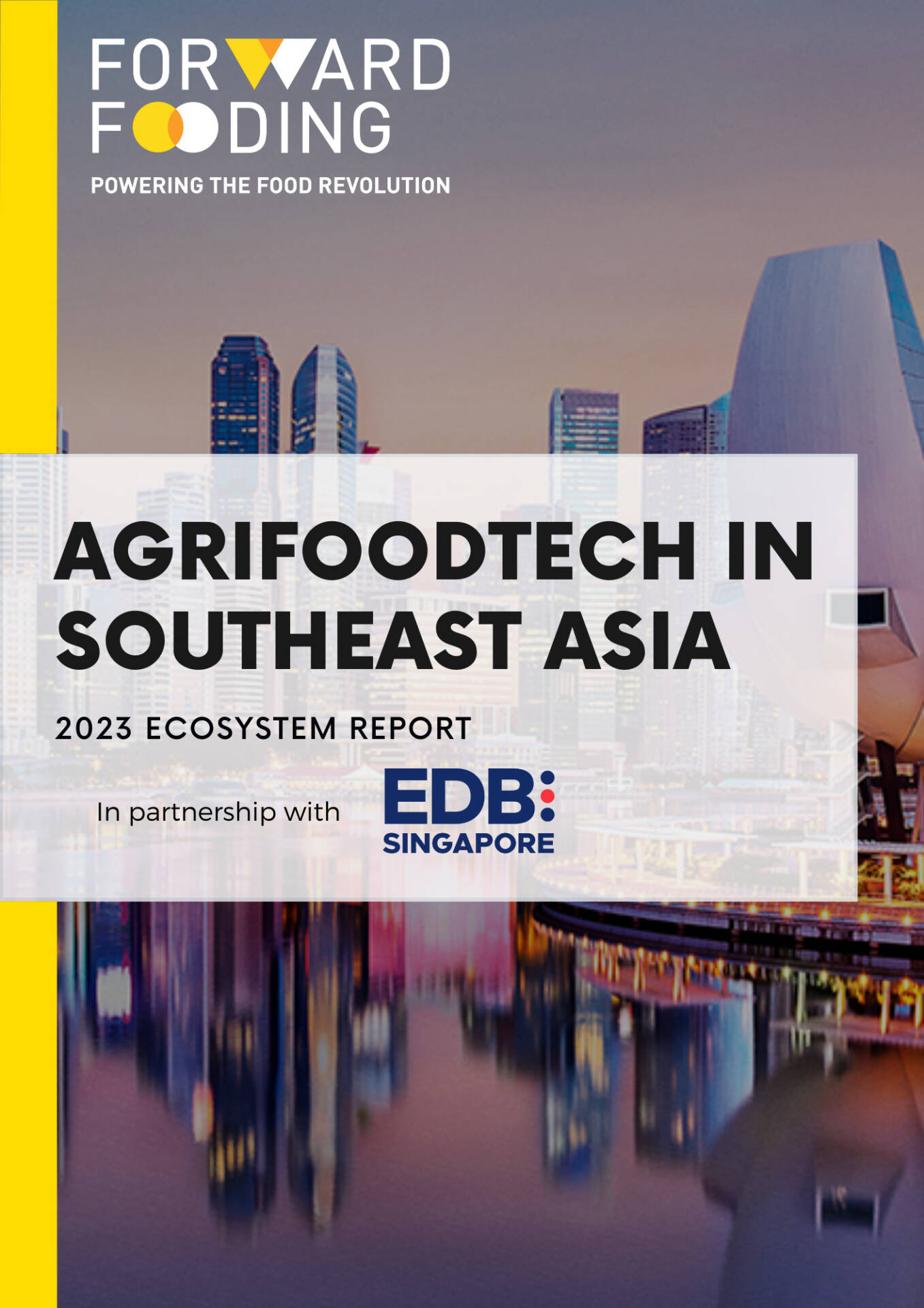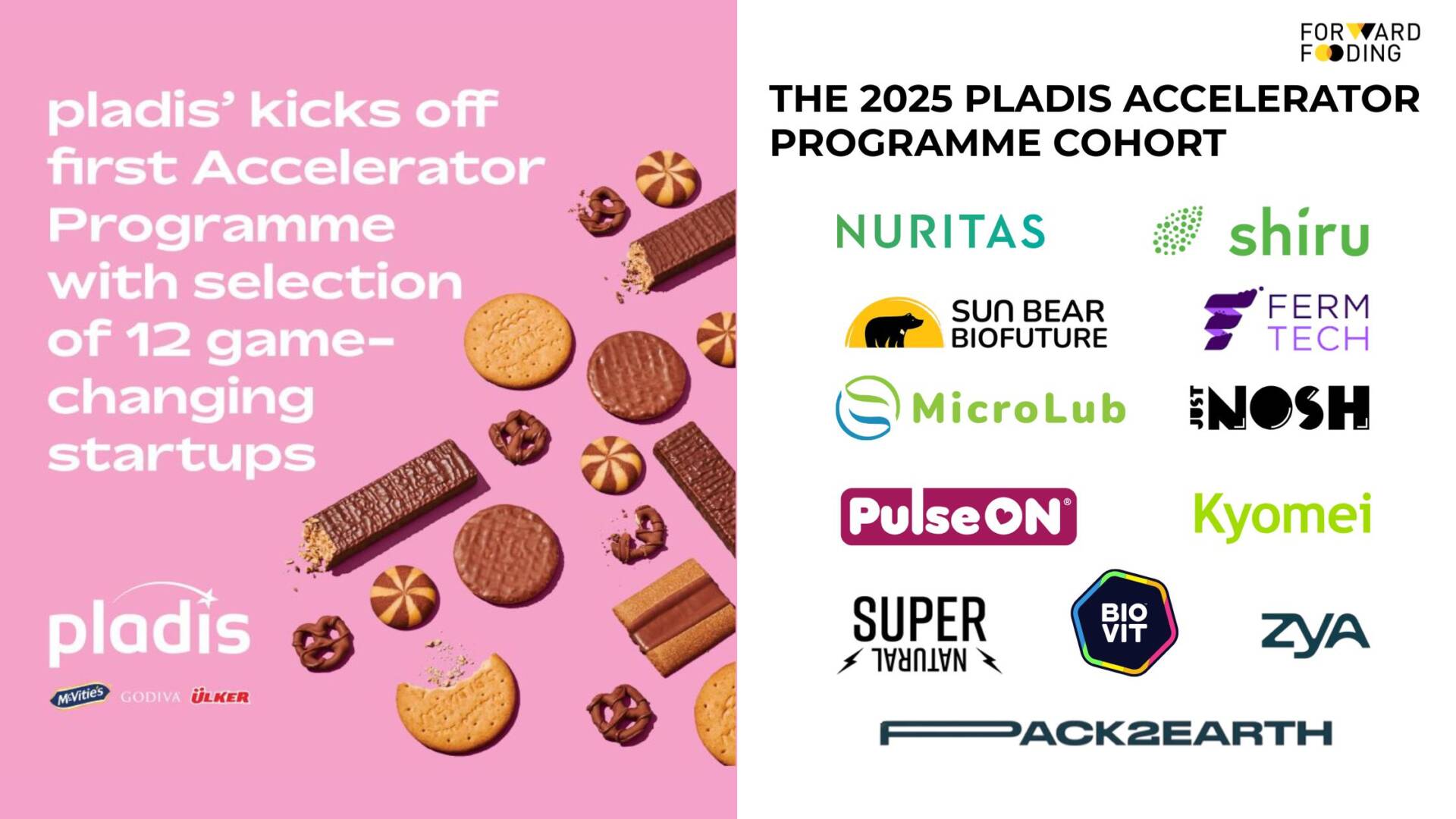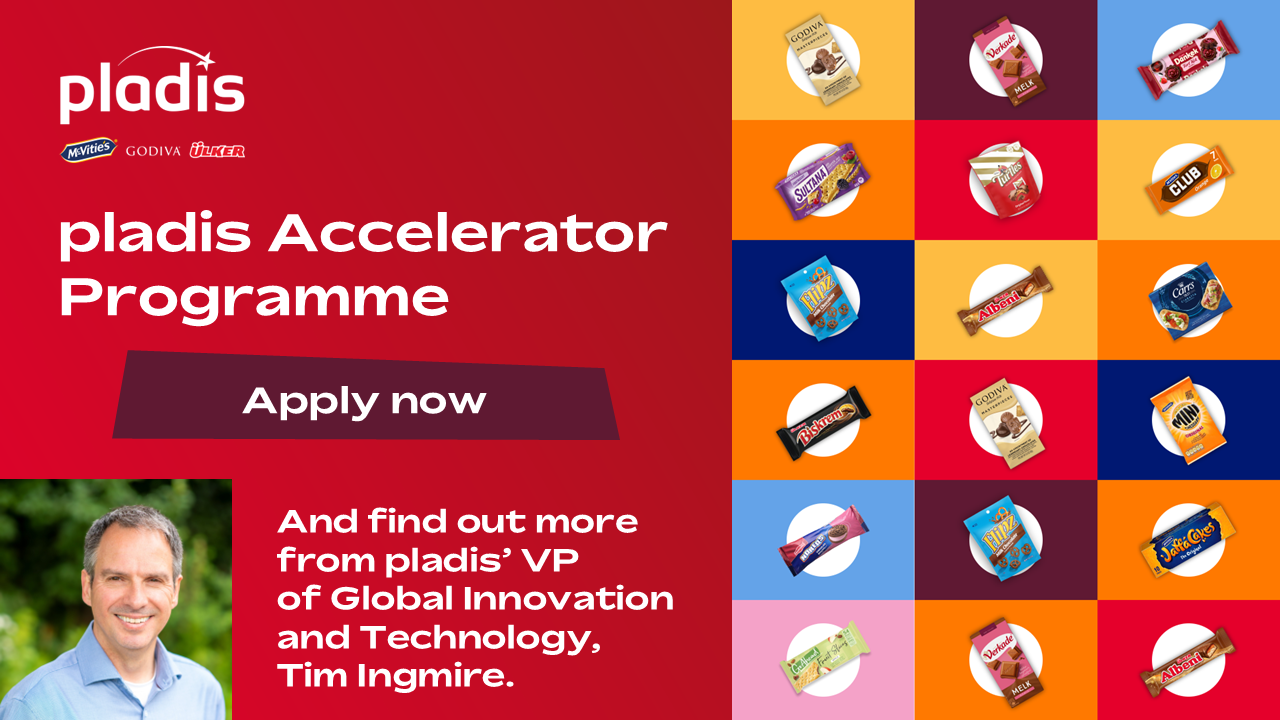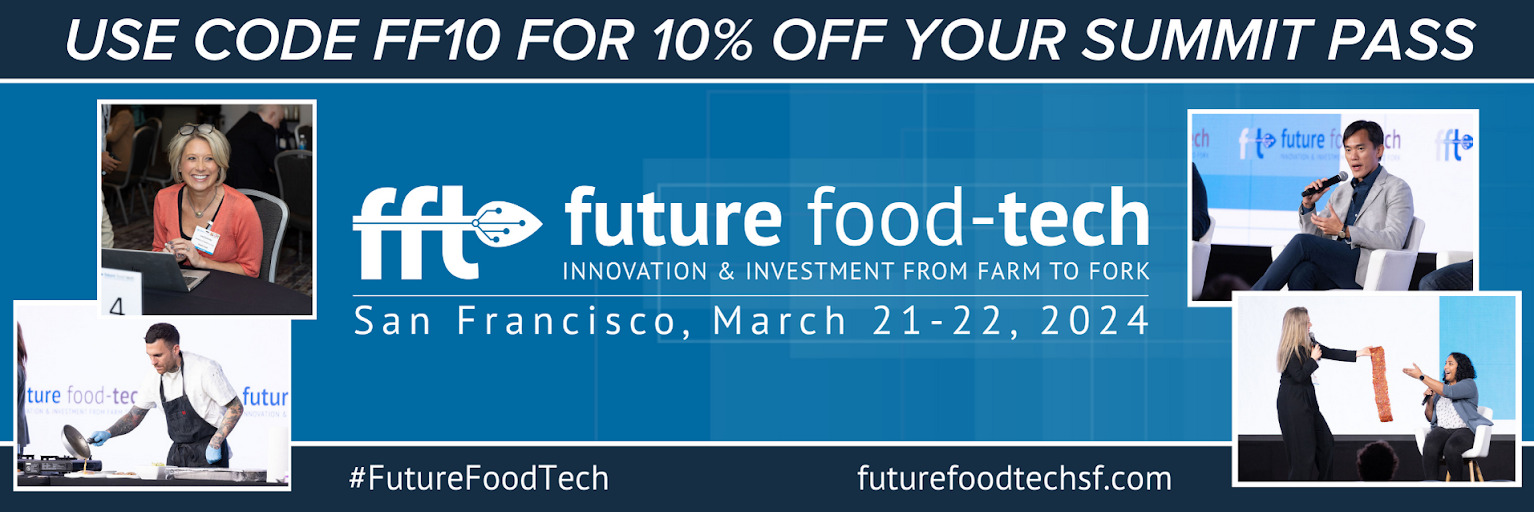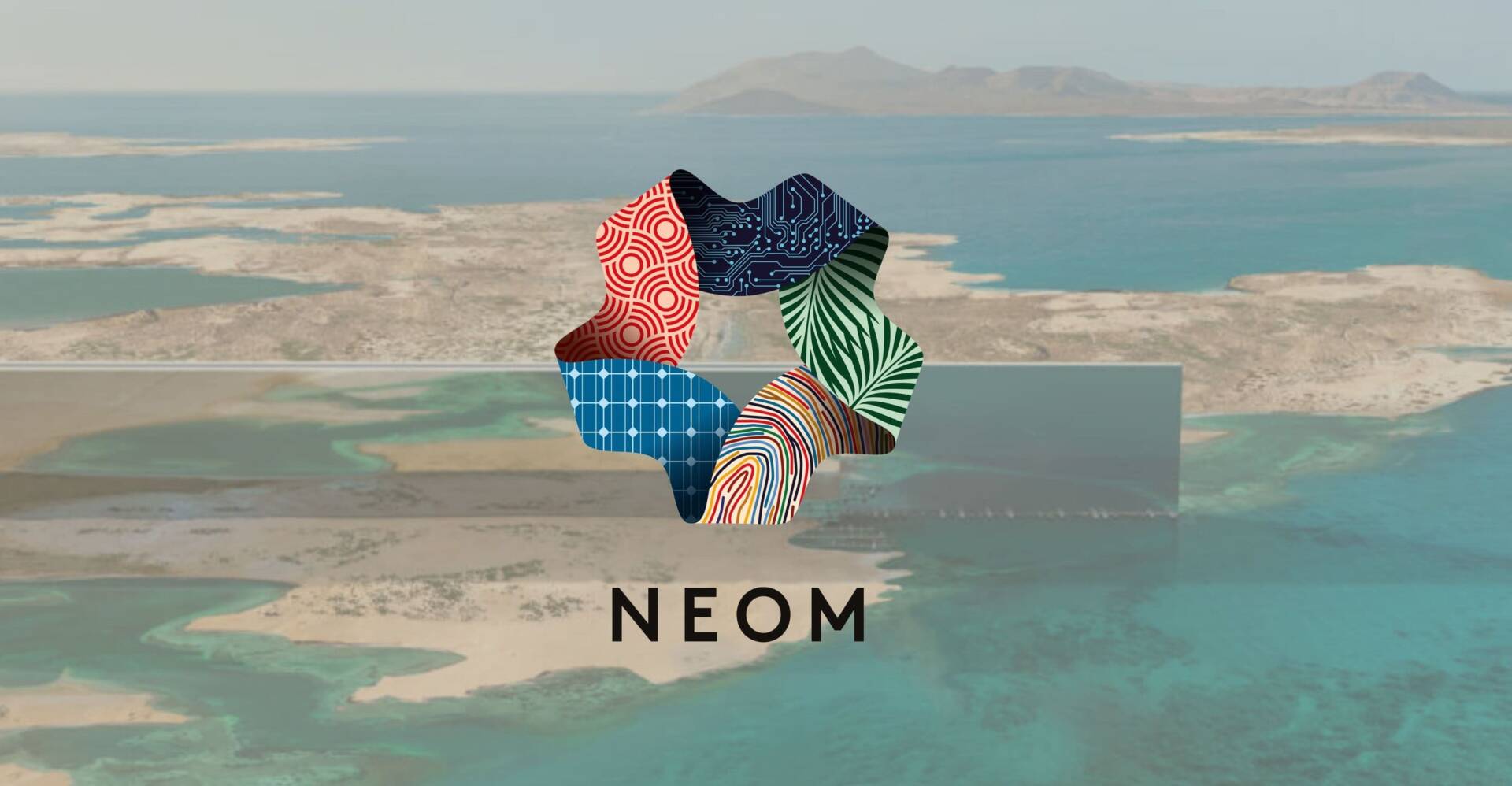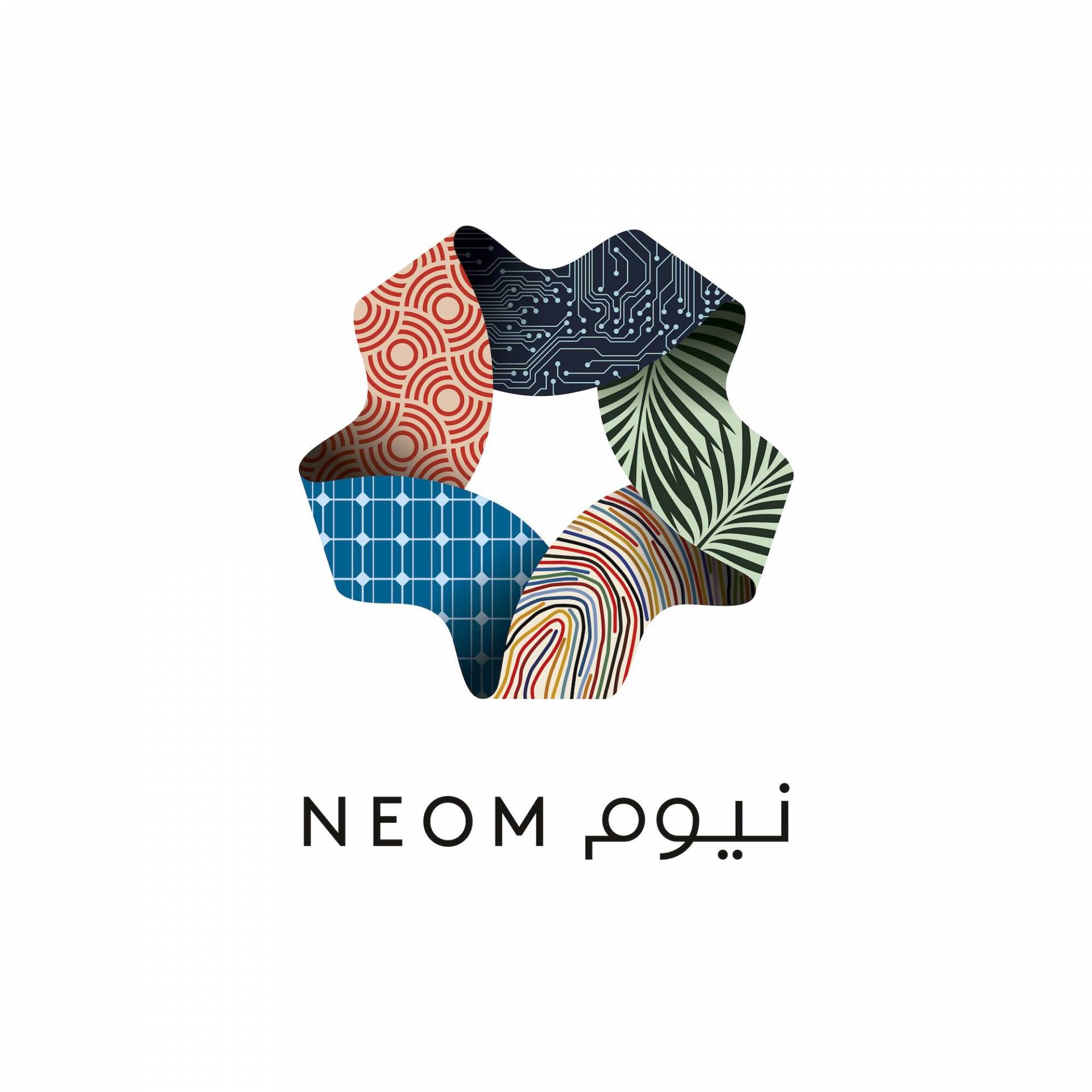FORWARD FOODING
THE BLOG
Meet Emilie and Deepak from Oddbox, one of the FoodTech 500 winners
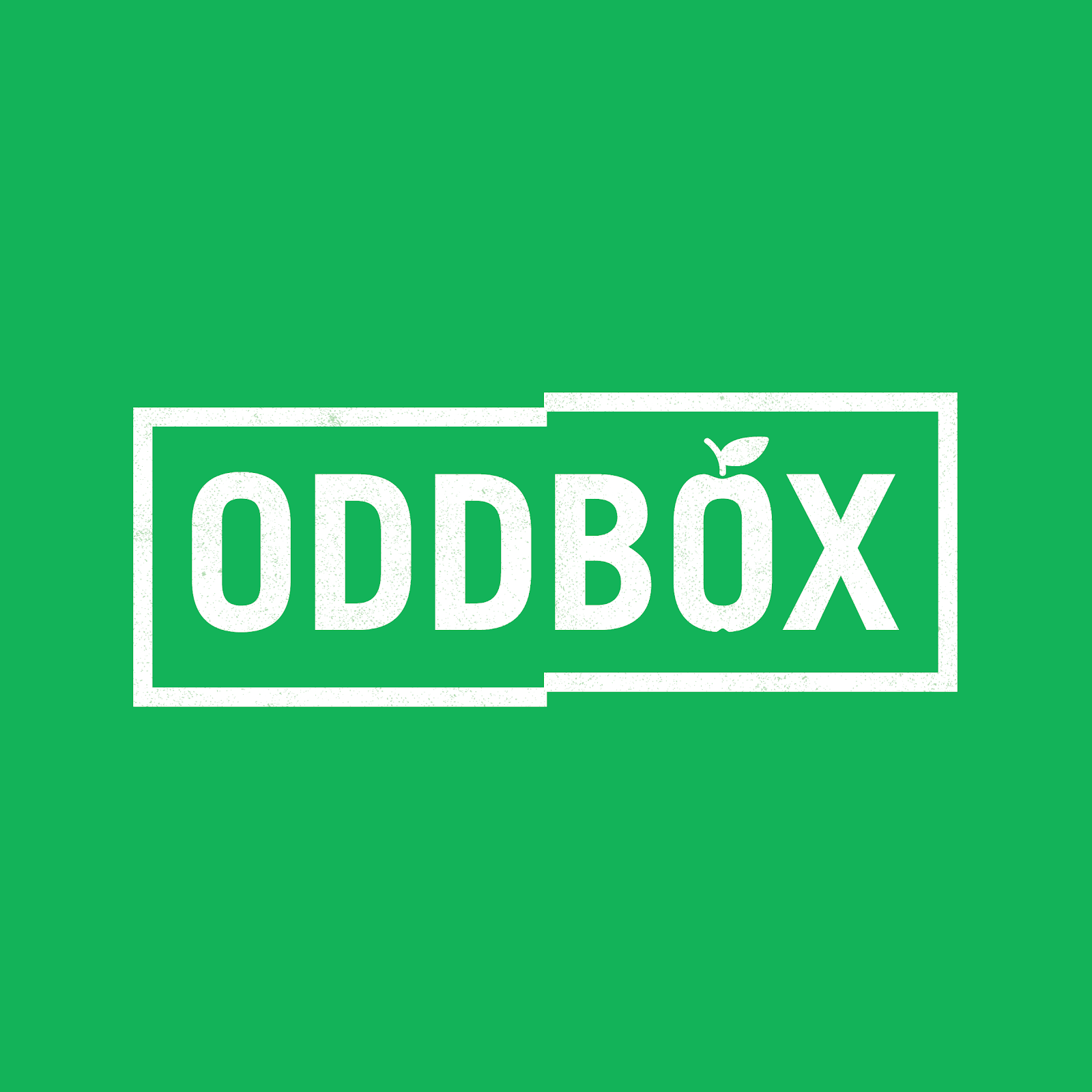
An interview with Emilie Vanpoperinghe and Deepak Ravindran, founders of Oddbox, one of Forward Fooding’s top 500 Food Tech startups.
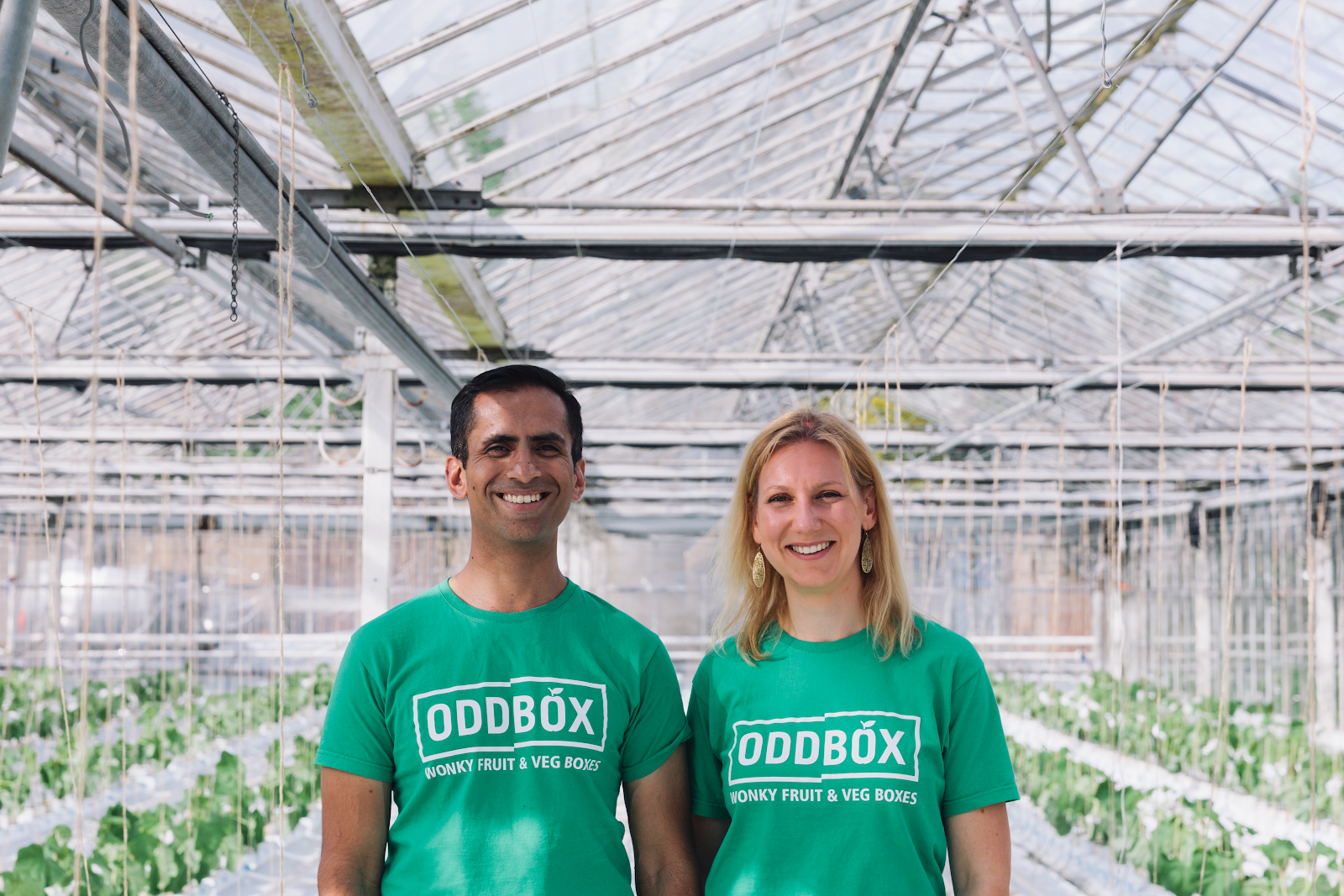
Emilie Vanpoperinghe and Deepak Ravindran, founders of Oddbox
It’s time to put a face to the name…
We asked our FoodTech 500 top-runners to give us a bit of insight into how they started out as a company and their thoughts on the role of technology in Food innovation. Meet Emilie and Deepak, the power-duo behind Oddbox, a social impact business that reduces food waste on farms by delivering produce that doesn’t meet supermarket specifications in a weekly subscription box. Let’s see what the founders had to say.
So tell us a little bit more about you! Where did the idea for your FoodTech company come from?
Deepak: I am originally from India and my co-founder Emilie is from France where her grandparents were potato farmers.
Both of us are used to buying from local markets and eating ugly produce caked in mud. When we first came to the UK, we were surprised by the perfect-looking produce in British supermarkets.
The turning point was when we went on holiday to Portugal and saw this perfectly ugly tomato which tasted delicious. We started doing research on what was happening with these ugly veg and why produce in the UK supermarkets all looked perfect.
We came across the french supermarket – Intermarche’s ugly veg campaign and in the UK we came across Hugh Whittingstall’s TV program called war on waste.
What we found was shocking. £17b worth of produce is wasted annually in the UK. 20-40% of perfectly edible produce does not leave the farm (Pre-farm gate) because of strict supermarket criteria on size, shape, colour or because they are surplus to supermarket requirements. The cost of “pre-farm gate fruit & veg waste” alone is £650m each year.
We knew we had to do something about it.
We saw a perfect opportunity to create value from what was an inefficient supply chain and buy produce that was deemed unsuitable for supermarkets because of shape, size, colour or because it was just surplus to requirements.
More importantly, food production consumes a lot of resources and therefore wasting it makes it the third-largest contributor to greenhouse gases, having a huge impact on climate change.
Food waste exists because of our perceptions of perfection. So we knew we had to change mindsets. We are now using our boxes as a medium to change behaviours by educating our customers about food waste at a farm level, eating with seasons and using technology to quantify their impact this was having on climate change.
How is tech central to your business?
Emilie and Deepak: We use technology in many ways. Firstly it allows us to sell a product to our customers via a weekly subscription scheme.
We are using technology to help quantify the positive impact that each individual customer has on climate change. Through purchasing our boxes, every single customer of ours will know how many resources they are saving in terms of litres of water saved, Co2E saved and meals re-distributed to our charity partners (we re-distribute our produce to our charity partners like the Felix project and City Harvest)
We will also be using technology via an app to change behaviours. Using each box that our community receives, we’ll be connecting them with the food supply chain (education about eating with seasons, cooking tips etc) and with each other (surplus food swap, UGC for motivation) in order to shift mindsets and reduce food waste in their homes.
In the future, we also want to use technology to connect growers with B2B manufacturers (juice, soup makers) in order to reduce food waste at a farm level and making sure that growers are able to sell the full harvest.
Why do you think it’s important to see the food industry embrace tech?
Emilie and Deepak: Whilst the agriculture industry has seen a lot of technological advancements in the hardware side – crop harvesting, picking, sorting, fruit grading vertical farming etc, the sales and marketing side of the produce is still quite traditional.
Once there is buy-in and adoption from the growers, we see a huge potential helping the growers sell the product that they grow.
We also see using technology to have an impact on climate change by making transparent the impact that the food supply chain has.

Want to know more? Check out Oddbox’s full profile here.
Congratulations again to Oddbox for ranking 3rd in the “Surplus & Waste Management” category of the Foodtech 500 list.
To find out who else made it into the FoodTech 500; the top Food Tech companies in the world, click here.
For more FoodTech news, join our Food Revolution community here.
Follow us
Sponsored Articles
9 July 2025
Forward Fooding celebrates the selection of 12 pioneering startups for the inaugural pladis Accelerator Programme. From water lily popcorn to sugar-converting enzymes, these innovations represent the future of snacking, addressing obesity, sustainability, and personalized nutrition through cutting-edge food technology.
21 March 2025
Tim Ingmire, VP of Global Innovation & Technology at pladis, discusses how the snacking giant is supporting early-stage startups in foodtech, health, and sustainability through their accelerator program. Learn about their focus on personalized nutrition, functional foods, and future ingredients to bring innovative, delicious products to consumers worldwide.
8 February 2024
Future Food-Tech returns to San Francisco on March 21-22 Over 1,700 food-tech leaders, from CPG brands, retailers, ingredient providers, [...]
1 February 2023
The 4th edition of FoodTech 500 is taking off and we are excited to partner with NEOM for the third consecutive year to support the best international AgriFoodTech entrepreneurs.
10 February 2022
One of the elements we enjoy the most here at Forward Fooding about working with AgriFoodTech startups is being [...]
